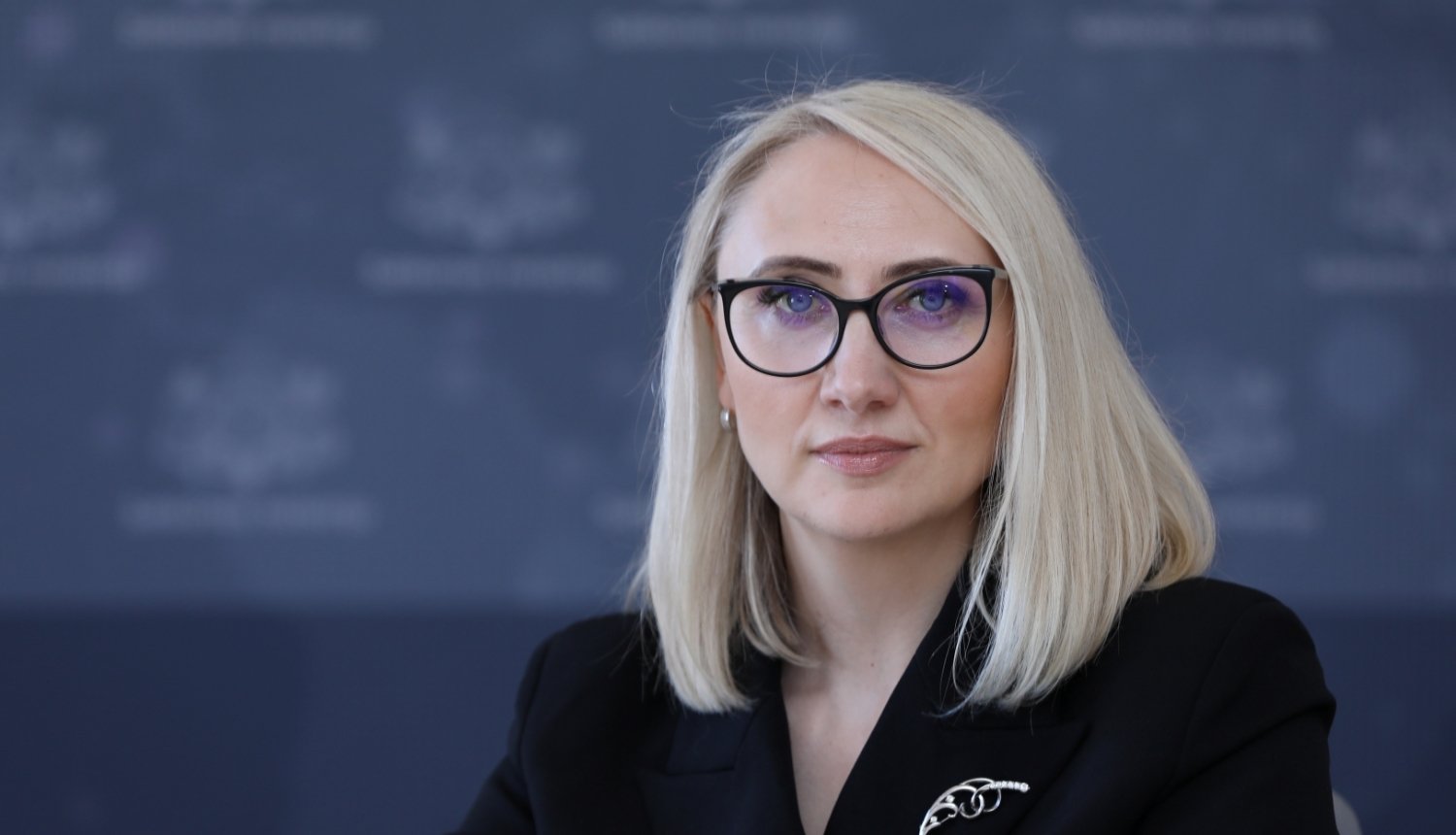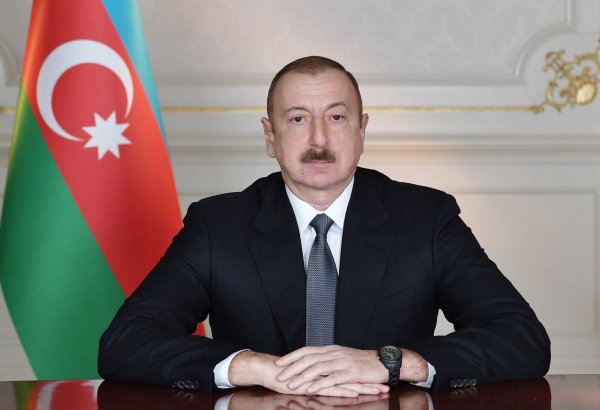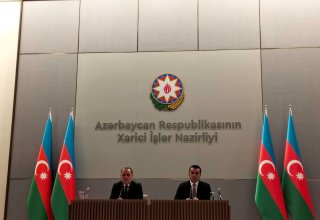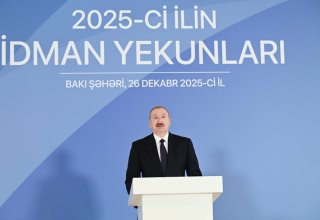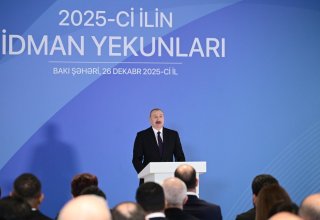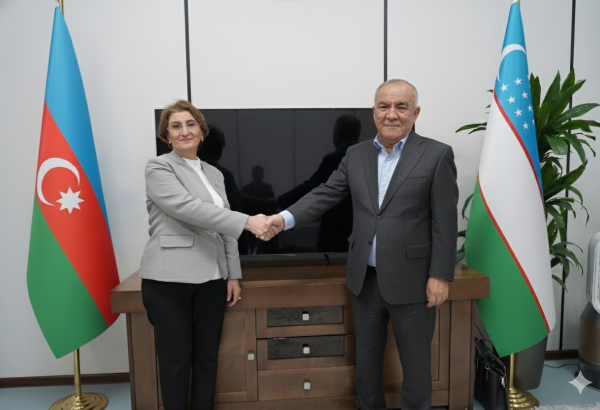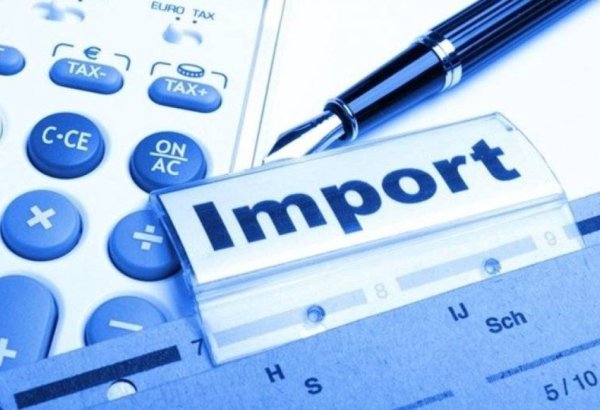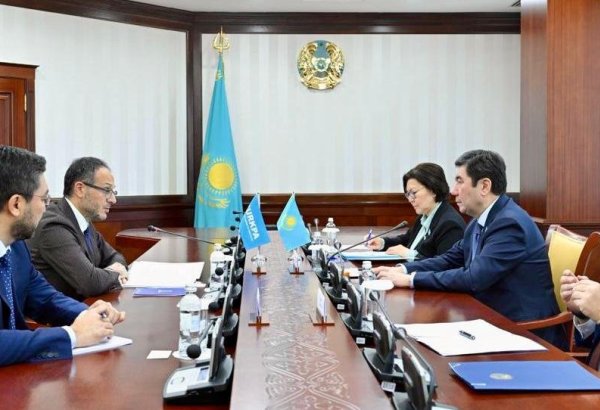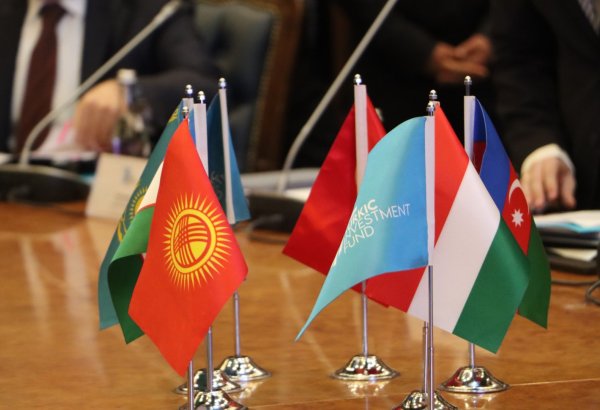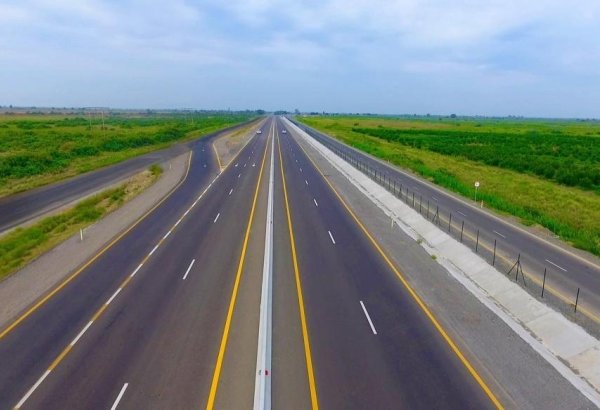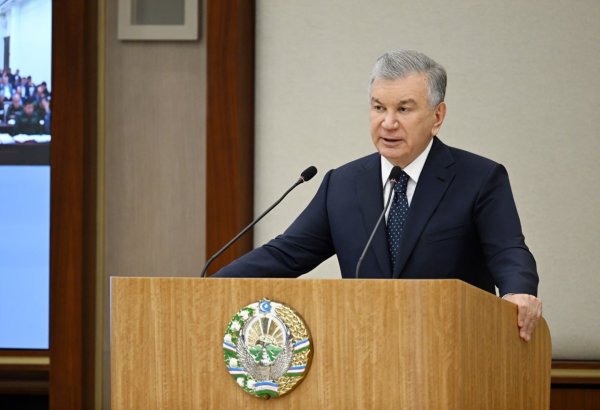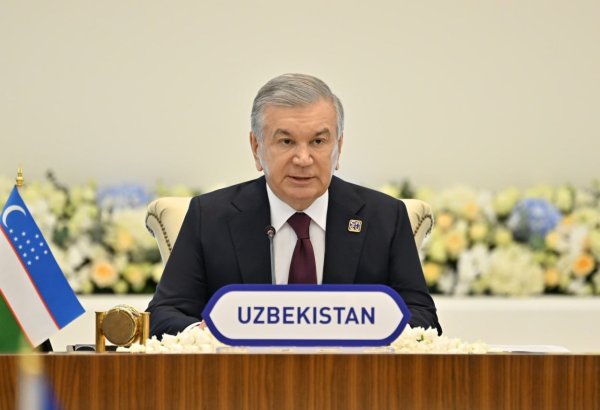BAKU, Azerbaijan, August 1. Latvia is cooperating with Uzbekistan within the strengthening of traditional transport corridors as well as on the development of alternative transport routes, such as the Transport Corridor Europe-Caucasus-Asia (TRACECA) or the Trans-Caspian International Transport Route (TITR, or Middle Corridor), Acting State Secretary of Latvia’s Ministry of Transport Ligita Austrupe told TurkicWorld in an exclusive interview.
"Our road haulers are ready to use alternative corridors of TRACECA, or Trans-Caspian International Transport Route, and we see the interest also from Uzbekistan and other Central Asian countries to use alternative routes. When comparing two routes from Uzbekistan to Latvia – the traditional one via Kazakhstan and Russia and an alternative such as the TRACECA corridor and the Middle Corridor – we consider all aspects, both economic and political. It is essential to compute the transport and logistics expenses, but equally important is to mitigate political risks by developing as many new alternatives as feasible. Pursuing this strategy aligns with our shared interests," she said.
Ligita Austrupe noted that the Latvian transport sector traditionally plays an important role in ensuring connectivity between Europe, Uzbekistan, and other Central Asian countries. Latvia can use its railway network, which has the same gauge as in Central Asia, dense road network, and Riga international airport, which serves as the regional aviation hub in the Baltics and has an extensive network of connections throughout Europe, to enhance connectivity.
"For Uzbekistan and the region, as well as for Europe, it is important to enhance connectivity with Central Asia. Given that the Central Asian region lacks access to the world’s oceans, logistics costs are significantly higher. Therefore, improved connectivity would be beneficial for all parties involved," the acting state secretary emphasized.
She stressed that the Ministry also recognizes considerable potential in the growth of exports from Uzbekistan to Europe and other international markets, which includes the creation of sorting and distribution facilities for Uzbek cargo at Latvian ports. Several projects have already been successfully implemented by Latvian and Uzbek entrepreneurs for Uzbekistan's agricultural and textile goods distribution to the European market.
Ligita Austrupe added that in recent years, the flow of railway and road cargo between Uzbekistan and Latvia has been increasing. Latvia perceives significant potential to develop new cargo flows between Uzbekistan and the global markets through its territory.
"Specifically, we identify excellent prospects for creating consistent logistics flows of imported goods from Western Europe, the US, the UK, and Canada to Uzbekistan. This initiative aims to support and facilitate the industrial development of Uzbekistan across various sectors, including energy, geology, mining, machinery, construction, transportation, agriculture, and other industries. Our geographical positioning is advantageous, and we have experience serving the transit route from Latvia to the US and the NATO Northern Distribution Network in Afghanistan through Uzbekistan," she noted.
According to the acting state secretary of the ministry, road transport from Uzbekistan to Latvia is growing, and there is significant potential to strengthen intermodal transport links between Uzbekistan and Western, Central, and Northern Europe through Latvian ports and across the Baltic Sea. Uzbek haulers can benefit from numerous advantages, including transit through intermediary countries and the use of transport permits.
"We should also note very successful cooperation in the field of aviation. There are regular passenger flights between Riga and Tashkent provided by Uzbekistan Airways, which is a very popular connection route for passengers between Central Asia and the Baltics. In 2023, 42,000 passengers used this flight route, marking the highest historical passenger number. This establishes an excellent foundation for further cooperation between Latvia, Uzbekistan, and other Central Asian countries in cargo aviation, postal services, and e-commerce," Ligita Austrupe emphasized.
She noted that Uzbek entrepreneurs are active in Latvia in developing consolidation and distribution centers for goods within Latvia. Similarly, Latvian entrepreneurs could establish similar enterprises to distribute Latvian food or timber products in Uzbekistan and across Central Asia. All these bilateral business activities could potentially lead to the development of mutually beneficial infrastructure projects.
"From the Latvian perspective, we could offer our expertise in the creation of IT and communication infrastructures. Furthermore, we are open to participating in multilateral investment projects in Latvia and Uzbekistan in partnership with our European and US partners. We would be highly interested in exploring opportunities for such mutually beneficial projects," the acting state secretary of Latvia’s Ministry of Transport added.
Earlier, Uzbekistan and Latvia reached an agreement on granting forms of special permits for organizing cargo transportation by road through Latvian ports.
The Head of Public Transport Service Department at the Latvian Ministry of Transport, Annija Novikova, noted that Latvia is ready to provide comprehensive assistance in creating favorable conditions for national carriers of Uzbekistan within the framework of mutual cooperation.








